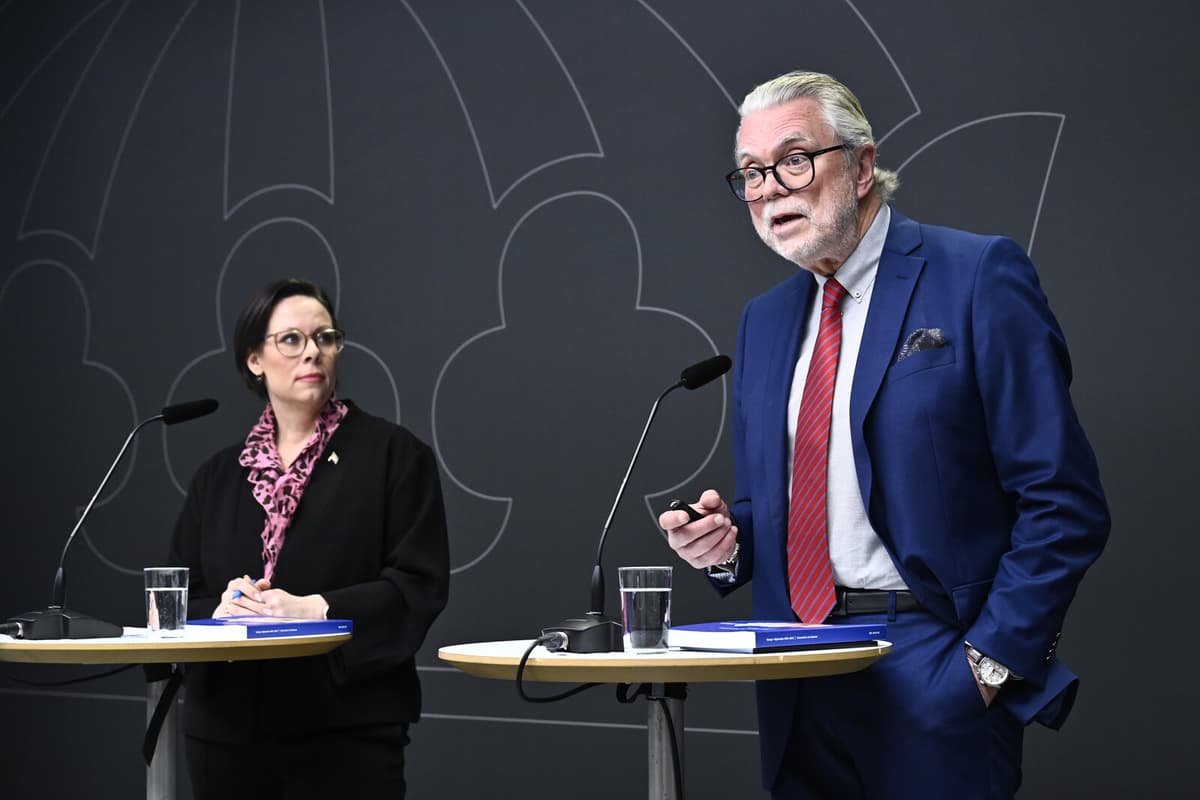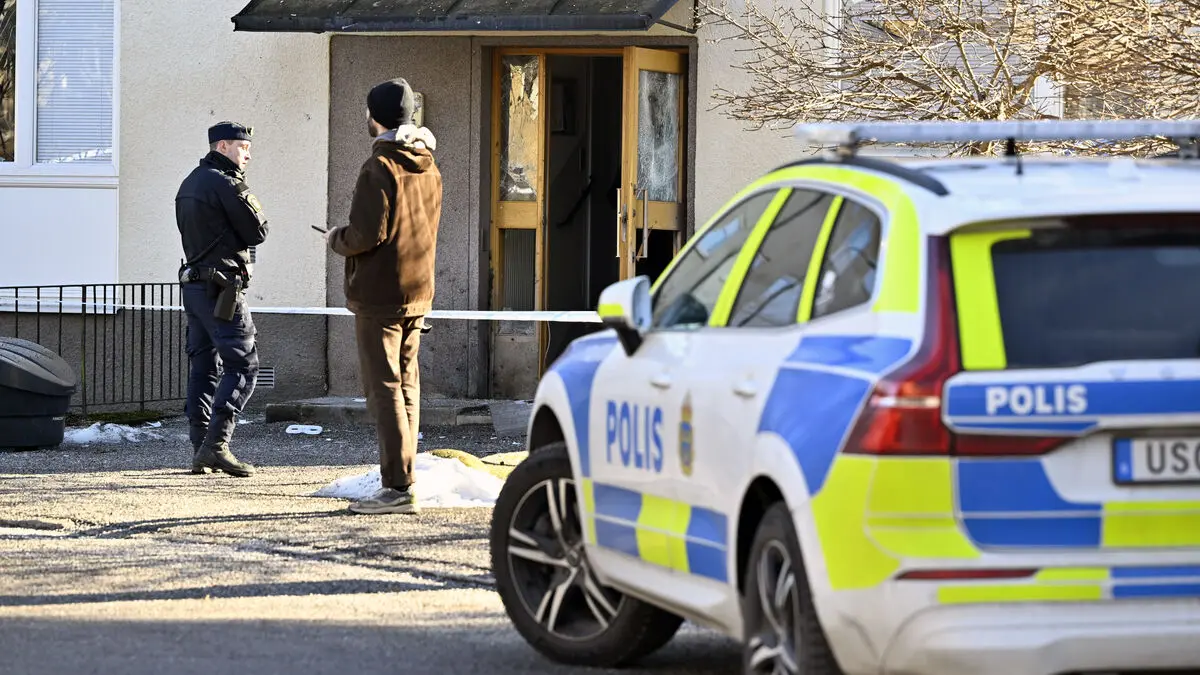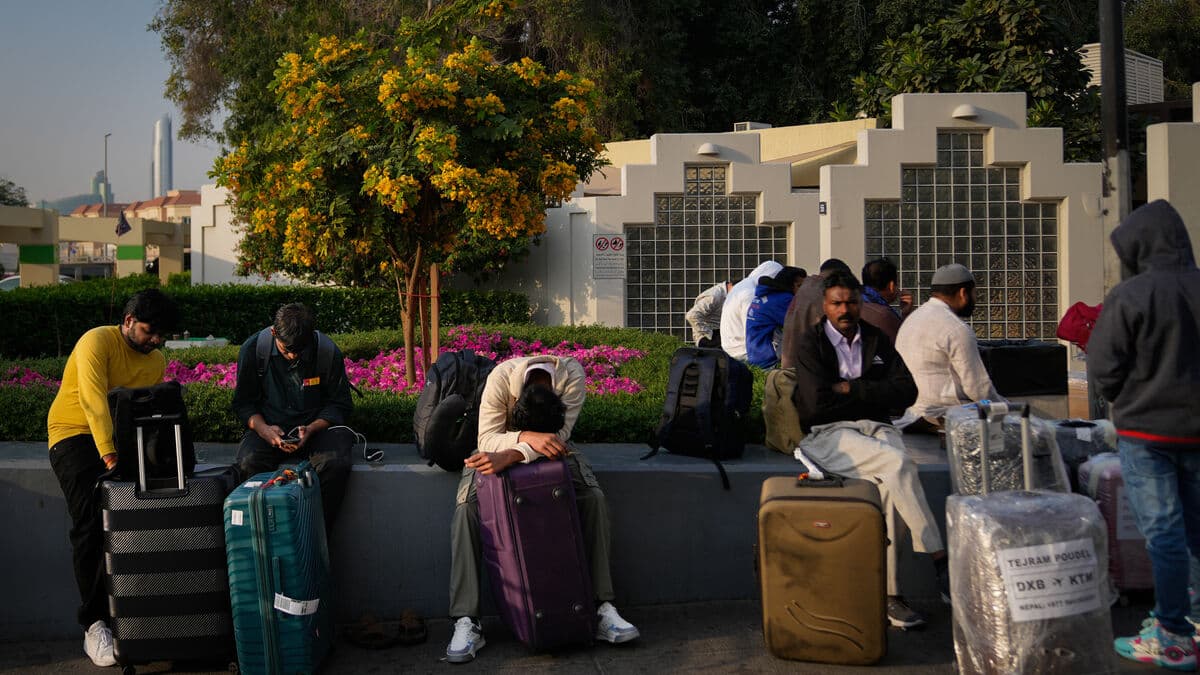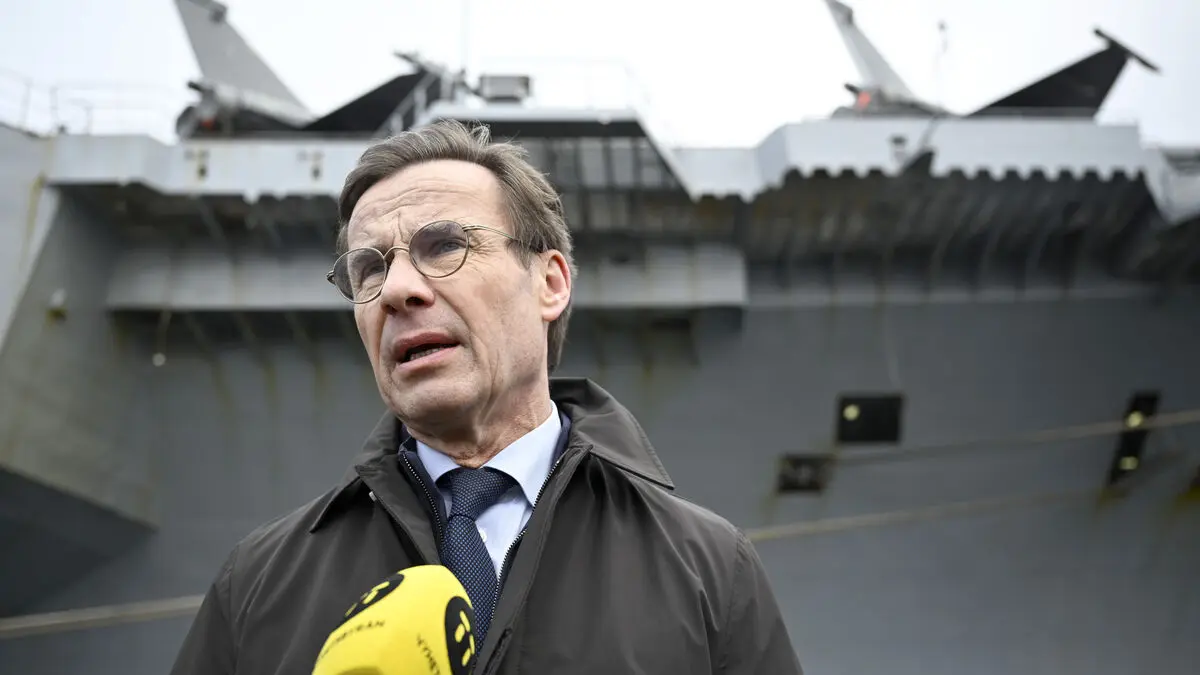Around 9,500 Swedish military personnel participated in various Swedish operations in Afghanistan between 2001 and 2021. Large resources were invested – at least 26.4 billion kronor, of which 14.7 billion in aid.
Despite this, Sweden was a small actor in the larger context in Afghanistan, notes Lennarth Hjelmåker, who led the parliamentary committee that has now evaluated Sweden's 20-year engagement in the country.
The fact that the Taliban took over power in the summer of 2021 can be seen as a failure for the entire international effort, he believes.
Uphill climb
One of the lessons is that you must understand the context and how the conditions look in the country you are entering.
You cannot come from the outside and in a short time think that you can solve everything. If it is not anchored in the country itself, then it is a huge uphill climb, says Lennarth Hjelmåker.
A overarching conclusion is that the Swedish operation's goals have been unclear and characterized by wishful thinking.
There had been a need for clearer goals during the journey, says Hjelmåker.
Foreign Minister Maria Malmer Stenergard (The Moderate Party) sees this as something to learn from.
It is important to be able to draw lessons, so that we can become better next time, she says.
Scathing criticism
As early as 2017, an evaluation came with scathing criticism of the civilian and military Afghanistan operation up to 2014.
Among other things, it was found that the Swedish force had not contributed to maintaining security to the desired extent or to building up the capacity of the Afghan security forces. Nor had poverty decreased.
On the plus side, it was found that the Swedish defense had learned to cooperate with NATO and there were some bright spots at the time, for example, regarding education for women.






